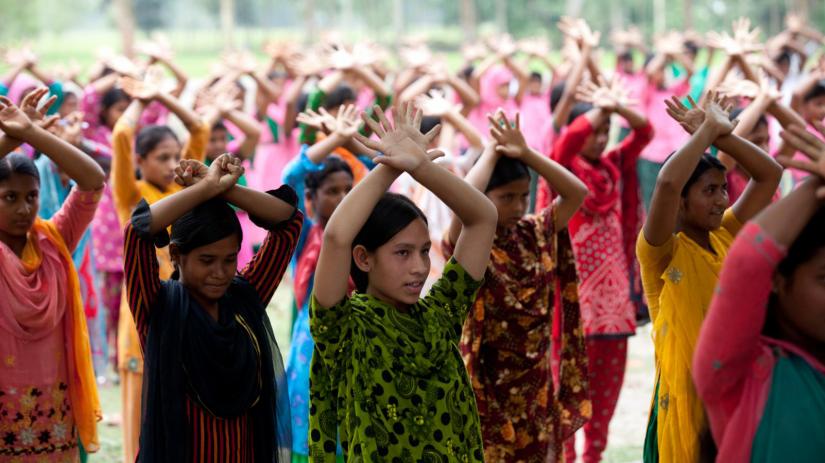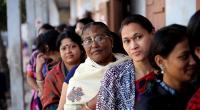 Bangladesh has ranked 78th in the Global Mobility Index 2020.
Bangladesh has ranked 78th in the Global Mobility Index 2020.
The Global Social Mobility Index, which benchmarks 82 global economies, is designed by the World Economic Forum, to provide policy-makers with a means to identify areas for improving social mobility and promoting equally shared opportunities in their economies, regardless of their development.
In its latest edition, the headline finding of the report is that most economies are failing to provide the conditions in which their citizens can thrive, often by a large margin. As a result, an individual’s opportunities in life remain tethered to their socio-economic status at birth, entrenching historical inequalities.
The index shows that very few economies have the right conditions to foster social mobility and consequently income inequalities have become entrenched. On average, across key developed and developing economies, the top 10% of earners have nearly 3.5 times the income of the bottom 40%.
Most economies need to bridge their social mobility gap. Overall however, the Nordic countries are the best performers. Denmark tops the rankings with a social mobility score of 85.2, closely followed by Finland (83.6), Norway (83.6), Sweden (83.5) and Iceland (82.7). These nations combine access, quality and equity in education, while also providing work opportunities and good working conditions, alongside quality social protection and inclusive institutions.
Among the 82 economies ranked by the index, Germany ranks 11th, France 12th, Canada 14th, Australia 16th, Japan 15th, the United Kingdom 21st, the United States 27th, the Russian Federation 39th, China 45th , Saudi Arabia 52nd, Turkey 64th, Mexico 58th, India 76th, and South Africa 77th.
Regionally, Bangladesh seems to be faring better than Pakistan, who is ranked 79. India is slightly better placed at 76, with Sri Lanka faring is a relatively better position at 59.
If countries included in the report were to increase their social mobility index score by 10 points, this could result in an additional GDP growth of 4.41% by 2030 in addition to vast social cohesion benefits. The existence of pockets of over- and under-performance in each region suggests that there is little determinism across regional and income groups. Proactive efforts by government and business can enhance the ability of economies to foster social mobility and ensure that every child, young person and adult has a reason to believe in the prospect of a better future. Countries that adhere to the stakeholder capitalism” model tend to perform better than countries with a focus on “shareholder value maximization” or “state capitalism”.
 National
National
41318 hour(s) 56 minute(s) ago ;
Morning 09:50 ; Friday ; Jul 04, 2025
Bangladesh ranks 78th in Global Social Mobility Index 2020
Send
Bangla Tribune Desk
Published : 22:07, Jan 20, 2020 | Updated : 22:08, Jan 20, 2020
Published : 22:07, Jan 20, 2020 | Updated : 22:08, Jan 20, 2020
0 ...0 ...
/srj/
Topics: Top Stories
- KOICA donates medical supplies to BSMMU
- 5 more flights to take back British nationals to London
- Covid19: Rajarbagh, Mohammadpur worst affected
- Momen joins UN solidarity song over COVID-19 combat
- Covid-19: OIC to hold special meeting
- WFP begins food distribution in Cox’s Bazar
- WFP begins food distribution in Cox’s Bazar
- 290 return home to Australia
- Third charter flight for US citizens to return home
- Dhaka proposes to postpone D8 Summit
Unauthorized use of news, image, information, etc published by Bangla Tribune is punishable by copyright law. Appropriate legal steps will be taken by the management against any person or body that infringes those laws.
Bangla Tribune is one of the most revered online newspapers in Bangladesh, due to its reputation of neutral coverage and incisive analysis.
F R Tower, 8/C Panthapath, Shukrabad, Dhaka-1207 | Phone: 58151324; 58151326, Fax: 58151329 | Mob: 01730794527, 01730794528


